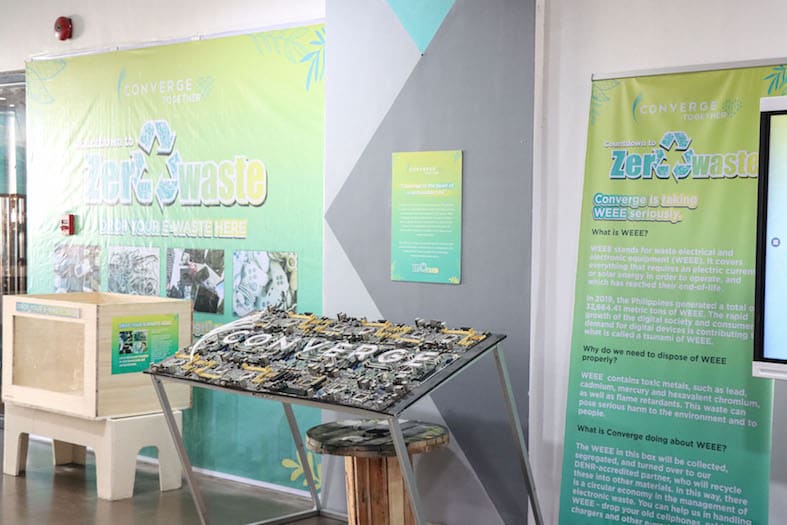Since the world continues to face the impact of climate change due to rising global temperatures caused by greenhouse gas (GHG) emissions and other factors, people have begun adopting more environment-friendly approaches. These sustainable practices enable everyday people to contribute in their own ways to mitigate the harmful effects of global warming.
Yet, environmental concerns aren’t the only issues that people must discuss as there’s also hunger, poverty, inequality and more. Although pressing, each concern finds a solution through sustainability. Fortunately, there are existing principles that guide people to progress toward sustainability. Among them is sustainable development.
According to the Brundtland Report, also known as the “Report of the World Commission on Environment and Development: Our Common Future” by the United Nations, sustainable development refers to the “development that meets the needs of the present without compromising the ability of future generations to meet their own needs.”

In other words, the desired result of society following sustainable development is where living conditions and resources meet human needs without damaging the Earth’s integrity and the natural system’s stability.
Despite a more intensified bid for the principle in recent generations, sustainable development was a relevant goal decades before. It became institutionalized with the Rio Process at the 1992 Earth Summit in Rio de Janeiro. By 2015, the United Nations General Assembly (UNGA) adopted the Sustainable Development Goals, which they plan to achieve by 2030, and explained how these could be possible globally.
The UNGA’s 17 sustainable development goals (SDGs) hope to address global issues like poverty, inequality, climate change, hunger, peace, justice and environmental degradation.
However, due to the root word “sustainable,” people often interlink sustainable development with the normative concept of sustainability. People often differentiate the two ideas through a distinction formulated by UNESCO (United Nations Educational, Scientific and Cultural Organization).
According to the organization, sustainability refers to a long-term goal people hope to achieve, while sustainable development is the process and direction to make it possible. Nowadays, the latter’s concept focuses on economic development, social development and environmental protection for future generations.
One study claims that six interdependent capacities are requirements to achieve sustainable development. These capabilities measure progress toward sustainable development through promoting equity within and between generations, adapting to shocks and surprises, transforming systems to more sustainable development pathways, linking knowledge with action, and devising government arrangements to enable people to work together.







